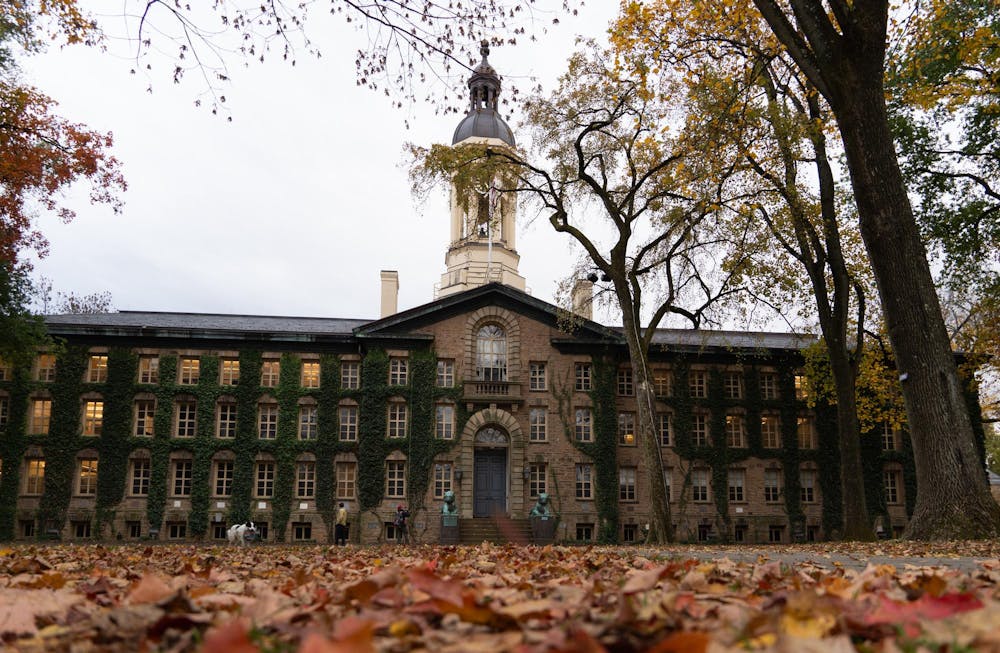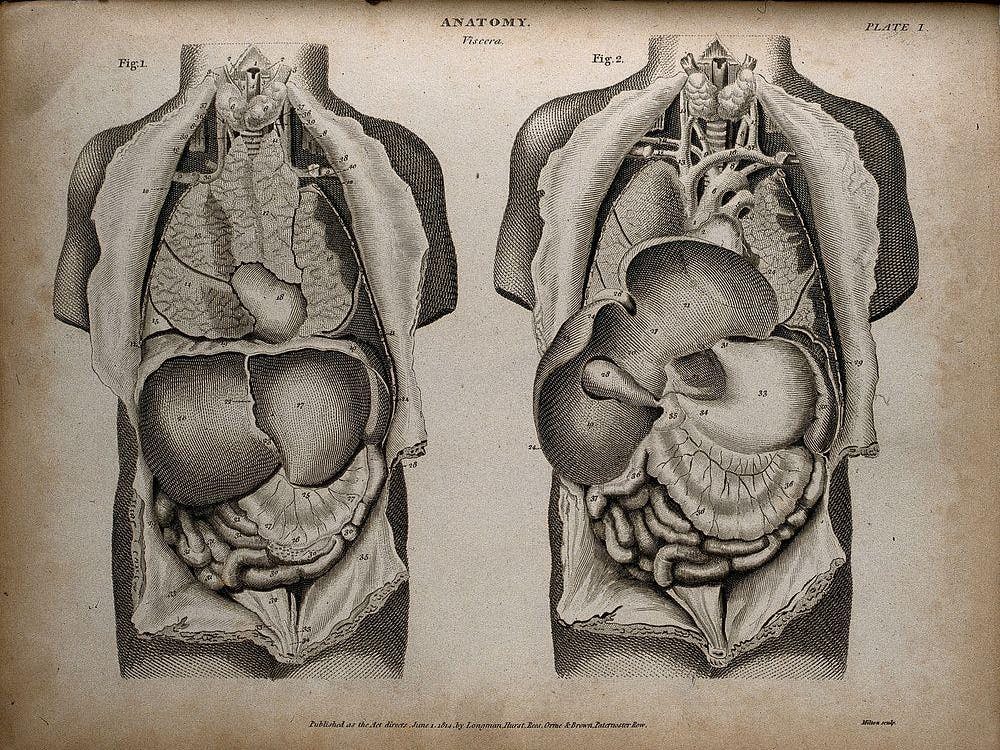After dramatic hearings in the U.S. House of Representatives about antisemitic speech on college campuses which have led one university president to resign, University President Christopher Eisgruber released a statement. In the statement, Eisgruber condemned antisemitic speech on campus, highlighted Princeton’s robust free speech protections, and stressed the responsibility of the institution to push back on hateful speech.
After weeks of protests on college campuses in the country, the presidents of Harvard University, the University of Pennsylvania (UPenn), and the Massachusetts Institute of Technology (MIT) were brought before the House Education and Workforce Committee on Dec. 5. In the aftermath of the hearings, all three have faced backlash for their statements, particularly after an exchange with Rep. Elise Stefanik, a Republican from New York, who asked whether “calling for the genocide of Jews” would constitute violations of university policy. Stefanik, in her exchange with President of MIT Sally Kornbluth, specifically referred to chants of “intifada” on college campuses. All three responded that it was context-dependent, drawing a distinction between targeted speech and public statements.
President of UPenn Liz Magill has resigned following intense criticism and President of Harvard Claudine Gay has faced calls to resign, though today the Harvard Corporation, the university’s governing body, offered a statement in her support. The MIT Corporation has also released a statement in support of Kornbluth.
Student demonstrations on Princeton’s campus have been relatively subdued compared to those at Harvard and UPenn, both of which have faced intense scrutiny following backlash to both protests and university statements in response to the Oct. 7 attacks.
Eisgruber’s statement comes after a brief comment on the hearings at last night’s meeting of the Council of the University Community (CPUC). According to today’s statement, Eisgruber said at the CPUC, “I have great confidence in this community of which we all are a part.” Eisgruber continued, “I have never heard calls for genocide, or calls for murder, on this campus, and I don’t expect ever to hear those calls. But let me also be clear about this: If ever there were calls for genocide or calls for murder on this campus, this University would respond forcefully under its rules in order to protect [its] values.”
In his statement, Eisgruber noted the role of the University in promoting its values.
“Princeton’s values are clearly stated in our rules: The University ‘deplores expressions of hatred directed against any individual or group.’ I have spoken out against antisemitism before and I do so again now, unreservedly, as I do against Islamophobia or any other bigotry. Calling for the genocide or murder of Jews or any group is always wrong and appalling,” he wrote.
Eisgruber also highlighted Princeton’s free speech protections, noting that “pure speech” would not constitute a disciplinary violation.

“Punishing people for pure speech is almost always wrong. Princeton’s commitment to free speech means I do have to sometimes protect the right of people to say things that I find repugnant, hateful, and awful,” he said.
Eisgruber added that the University can “sponsor better speech, we can state our values, we can support our students” in instances when it cannot — and should not — suppress or discipline immoral speech because it is protected speech under our policies and the First Amendment.”
The term Stefanik referred to at the hearing, “intifada,” has been chanted at rallies on Princeton's campus as well.
“I think that chanting about the Intifada connects people to the first and second intifada that occurred in Israel,” Rebecca Roth ’24 told The Daily Princetonian at the time. “And so, hearing a group of students on my campus use that same language is quite upsetting, and it’s a reminder of the terrorism that has and continues to target my friends, my loved ones in Israel,” she continued.

Aditi Rao GS, a pro-Palestinian protest organizer, told the ‘Prince’ at the time that the term is a call for liberation, saying that “‘intifada’ and ‘revolution’ are synonymous with one another.”
The reaction to the hearings from free speech advocates has been mixed. Keith Whittington, a Professor of Politics who has often spoken on campus free speech issues, said in a post on X (formerly known as Twitter) that Magill’s resignation should “not be construed as a mandate to shrink the space for free speech and academic freedom and to heighten the desire to cater to the sensitivities and political preferences of donors and politicians.”
Sandeep Mangat is a head News editor at the ‘Prince.’
Isabel Connolly is a contributing News writer for the ‘Prince.’
Please direct any corrections requests to corrections[at]dailyprincetonian.com.








